Forrest Gump was filmed across several U.S. locations to capture its sweeping sense of time and place. Many of the Southern scenes, including Forrest’s hometown and the bench sequences, were shot in Savannah, Georgia, particularly at Chippewa Square. The Vietnam War scenes were filmed on Fripp Island, South Carolina, while the fictional town of Greenbow, Alabama, was created in Beaufort, South Carolina. Running scenes spanned Utah, Arizona, and Montana, including Monument Valley. Additional shots took place in Los Angeles and Washington, D.C. Together, these varied locations created the film’s nostalgic, all-American landscape and timeless visual identity.
Forrest Gump
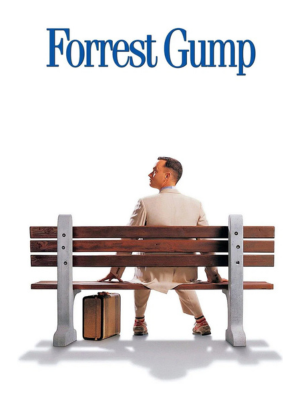
1994, PG-13, 2h 22m
Table of Contents
What Is Forrest Gump About?
A simple Alabama man with a low IQ lives through decades of U.S. history while chasing the love of his life.
Why You Should Watch Forrest Gump
Forrest Gump is a movie that stands out because of its heart, storytelling, and unforgettable characters. It’s one of those rare films that manages to make you laugh, cry, and think — often all within the same scene. At its core, it’s not just about one man’s life, but about how an ordinary person can lead an extraordinary one simply by being kind, patient, and true to themselves.
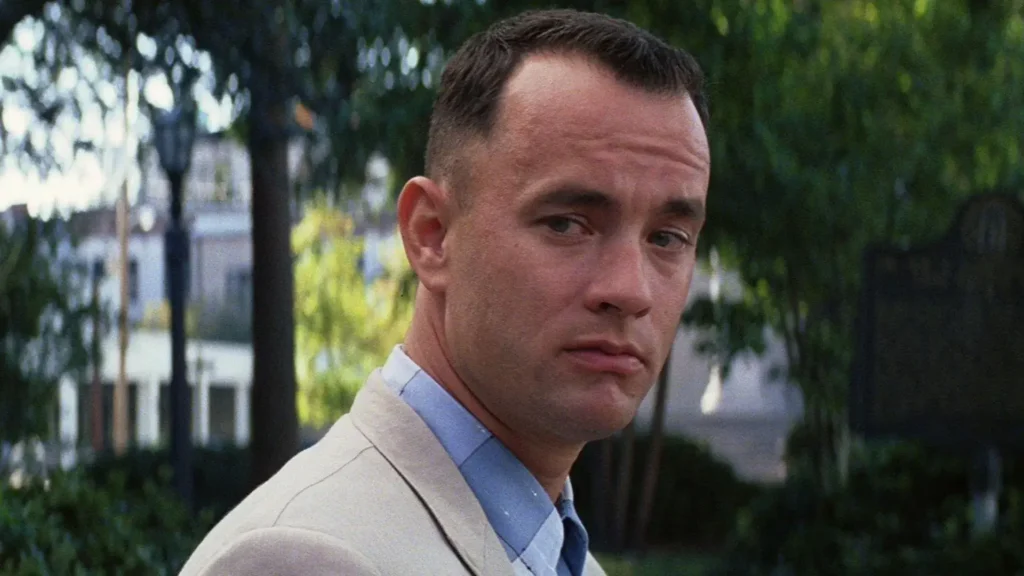
One of the biggest reasons to watch Forrest Gump is Tom Hanks’ performance. His portrayal of Forrest is both simple and deeply moving — he doesn’t play the character for laughs or pity, but with pure sincerity. Every line he delivers feels honest. You completely believe in Forrest’s goodness, and that makes the story hit harder. Hanks’ ability to make the audience feel empathy without ever overacting is what earned him an Oscar and cemented this role as one of the greatest in film history.
Another reason the movie stands out is its storytelling structure. Told through Forrest’s point of view as he sits on a park bench recounting his life, the film unfolds like a memory — warm, meandering, and full of surprises. This setup allows the audience to connect with Forrest in an intimate way, as if they’re one of the people sitting next to him listening to his story. It makes the film feel personal and timeless, no matter how many times you watch it.
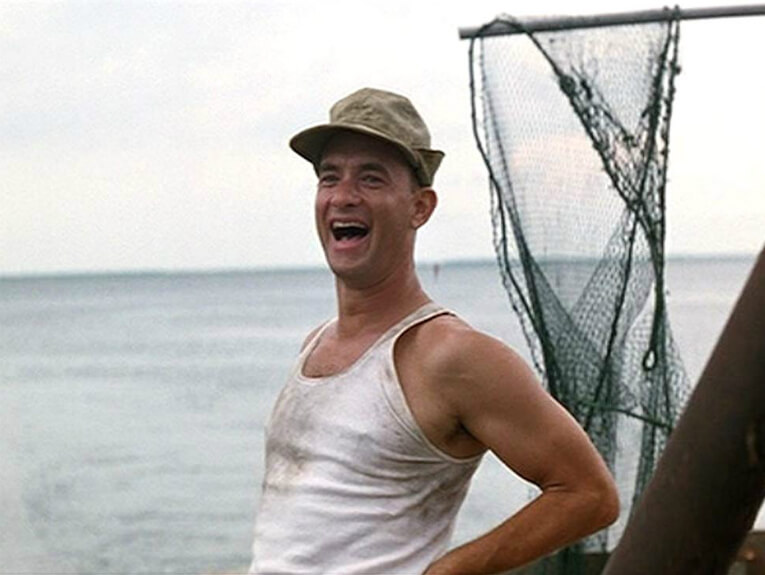
The movie also shines because of its emotional balance. It never leans too far into tragedy or comedy — instead, it walks a perfect line between the two. Just when you’re tearing up, it finds a way to make you smile. Forrest’s journey is filled with heartbreak — from losing friends in war to his complicated relationship with Jenny — but it’s also filled with humor and hope. That balance is what keeps it from being just a sad movie; it’s a celebration of life in all its messy, unpredictable beauty.
A key reason the story resonates so deeply is how relatable Forrest is, despite his extraordinary life. Most of us aren’t heroes or world-changers, but we all experience love, loss, and uncertainty. Forrest’s ability to stay grounded through it all — to keep moving forward no matter what — makes him someone you root for. His simple wisdom, like “stupid is as stupid does,” reminds us that kindness and perseverance often matter more than intelligence or status.
Finally, Forrest Gump endures because of its universal appeal. It’s a film that can mean something different to everyone. For some, it’s a story about love and devotion. For others, it’s about resilience or the beauty of innocence. And for many, it’s a reminder to appreciate the people and moments that shape our lives. It speaks to every generation because it captures something timeless — the idea that life isn’t about what happens to you, but how you respond to it.
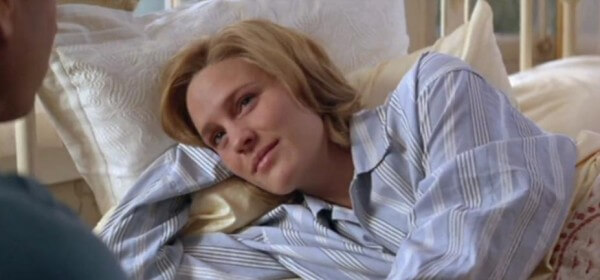
In the end, Forrest Gump is worth watching because it captures the full range of what it means to be human. It’s heartfelt without being cheesy, emotional without being manipulative, and inspiring without trying too hard. It’s the kind of film that makes you stop and think about your own story — and maybe even see the world a little differently.
The Theme of Forrest Gump
Forrest Gump is a movie filled with themes that run deeper than its simple story might suggest. It’s a film about life, love, destiny, and what it means to find meaning in a world that often doesn’t make sense. Even though Forrest isn’t a complicated person, the lessons we learn through him are profound. The beauty of the movie is how it takes big ideas — fate, innocence, love, and time — and explores them in a way that feels warm, funny, and deeply human.
One of the biggest themes in Forrest Gump is the unpredictability of life. From the very beginning, we’re reminded of this idea through the famous line: “Life is like a box of chocolates, you never know what you’re gonna get.” Forrest’s life is full of unexpected turns — he becomes a college football star, fights in Vietnam, starts a shrimp business, runs across the country, and even meets several presidents — all by chance. He never plans any of it; he just goes where life takes him.
The movie suggests that you don’t always need a grand plan to live a meaningful life. Sometimes, just showing up and doing your best is enough.
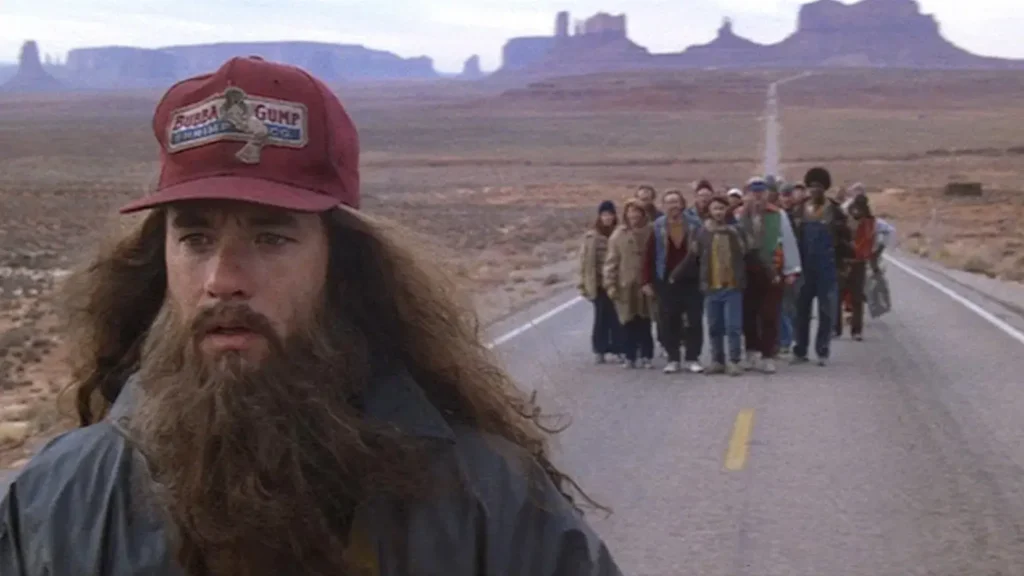
The floating feather that opens and closes the film perfectly symbolizes this. It drifts through the air without direction, yet somehow lands exactly where it needs to be — just like Forrest himself.
Another major theme is innocence and purity of heart. Forrest may not be smart in the traditional sense, but his honesty and kindness make him one of the wisest characters in the film. He doesn’t judge people, he doesn’t hold grudges, and he always tries to do what’s right. That simplicity allows him to move through life without bitterness, even when others hurt or underestimate him.
In a world full of ambition, ego, and complexity, Forrest’s innocence becomes his strength. He reminds us that goodness doesn’t need to be clever — it just needs to be genuine. His ability to see the best in people, including Jenny, Lieutenant Dan, and Bubba, shows how compassion can change lives in quiet but powerful ways.
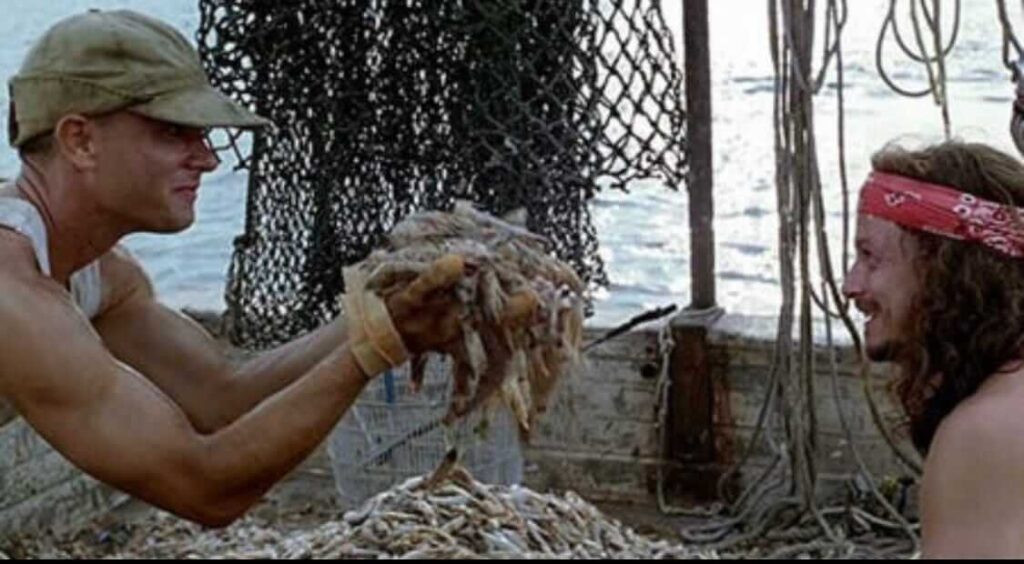
The theme of love and loyalty also runs throughout the film. Forrest’s love for Jenny never fades, no matter how much time passes or how far she drifts away. His love isn’t based on what she can give him — it’s unconditional. That makes it both beautiful and heartbreaking. Jenny, on the other hand, represents the pain and confusion that come from growing up in a broken world.
While Forrest lives with simple faith, Jenny struggles to find herself, constantly running away from her past. Their relationship shows the contrast between innocence and experience, between someone who accepts life as it is and someone who is always searching for meaning. In the end, their story becomes a reminder that love is not always about possession or perfection — it’s about patience, forgiveness, and acceptance.
Forrest Gump also explores the idea of destiny versus choice. Lieutenant Dan believes that life is determined by fate — that people are meant to die or live for a reason. After losing his legs in Vietnam, he feels cheated because his “destiny” was taken from him. Forrest, however, doesn’t believe in destiny; he just lives in the moment and trusts that things will work out.
By the end of the film, both views are left open to interpretation. When Forrest says, “I don’t know if we each have a destiny, or if we’re all just floating around accidental-like on a breeze,” it captures the film’s central mystery. Maybe life is a mix of both — some things are meant to happen, and others are simply accidents that shape who we become.
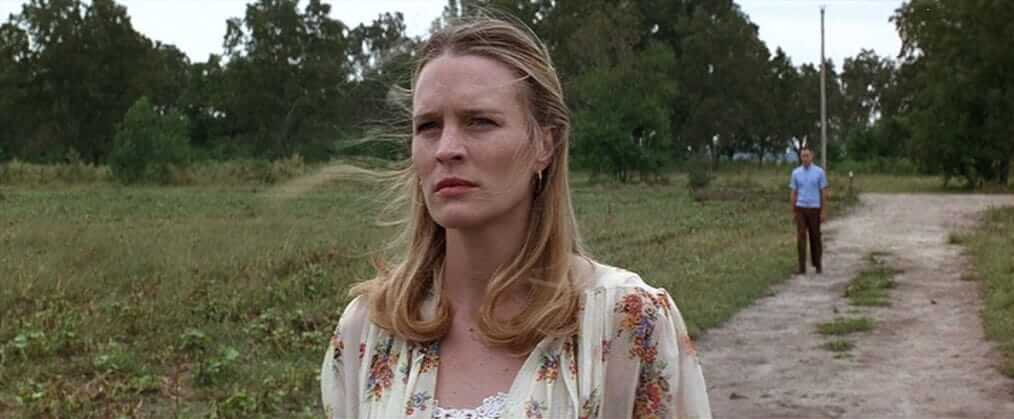
Another important theme is change and the passage of time. Over the course of the movie, we watch decades of American history unfold — from the civil rights movement to the Vietnam War to the rise of technology. Forrest never tries to fight these changes; he simply adapts.
While the world around him grows more chaotic, he stays the same. That’s what makes him timeless. His ability to stay grounded in his values — honesty, loyalty, and love — gives him peace, while others get lost trying to keep up with the times. It’s a quiet message about staying true to yourself even when the world changes faster than you can understand.
Lastly, the movie is about the meaning of success and happiness. Society often measures success by money, intelligence, or power, but Forrest Gump flips that idea upside down. Forrest becomes rich and famous, but none of that matters to him. What brings him happiness are simple things: his family, his friends, and the people he loves. When he says, “I’m not a smart man, but I know what love is,” it sums up everything he stands for. The movie invites us to question what really matters — not achievements or recognition, but the small, meaningful connections that make life worth living.
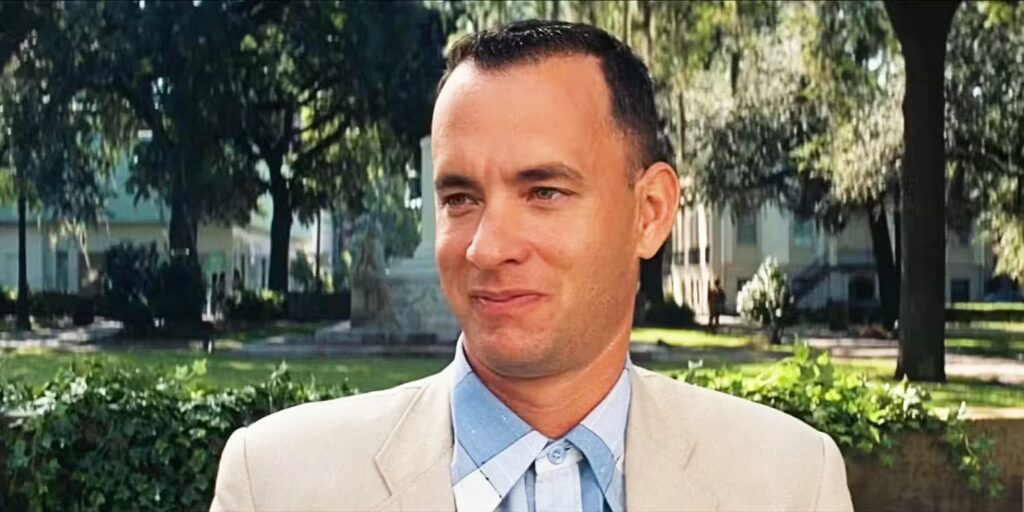
In the end, Forrest Gump is about how life can be both random and miraculous. It shows us that you don’t need to understand everything to live fully, and that sometimes, the most ordinary people live the most extraordinary lives. It’s a movie that celebrates kindness over cleverness, love over logic, and faith over fear. The themes it explores — destiny, innocence, change, and love — remind us that even when life doesn’t make sense, there’s beauty in the journey itself.
The Cinematography of Forrest Gump
The cinematography in Forrest Gump, shot by Don Burgess and directed by Robert Zemeckis, beautifully captures the emotional depth and simplicity of Forrest’s life. Instead of using flashy visuals, the camera quietly mirrors Forrest’s pure, hopeful view of the world. Every frame feels intentional, helping audiences experience life through his eyes — honest, wide, and full of wonder.
The film’s visuals mark the passage of time through color and tone. Early scenes in Alabama glow with warm, nostalgic light, while the Vietnam War sequences feel humid and chaotic. Later decades take on cooler, softer hues, showing how the world changes as Forrest does. Each shift in lighting and color reflects the emotional state of the story.
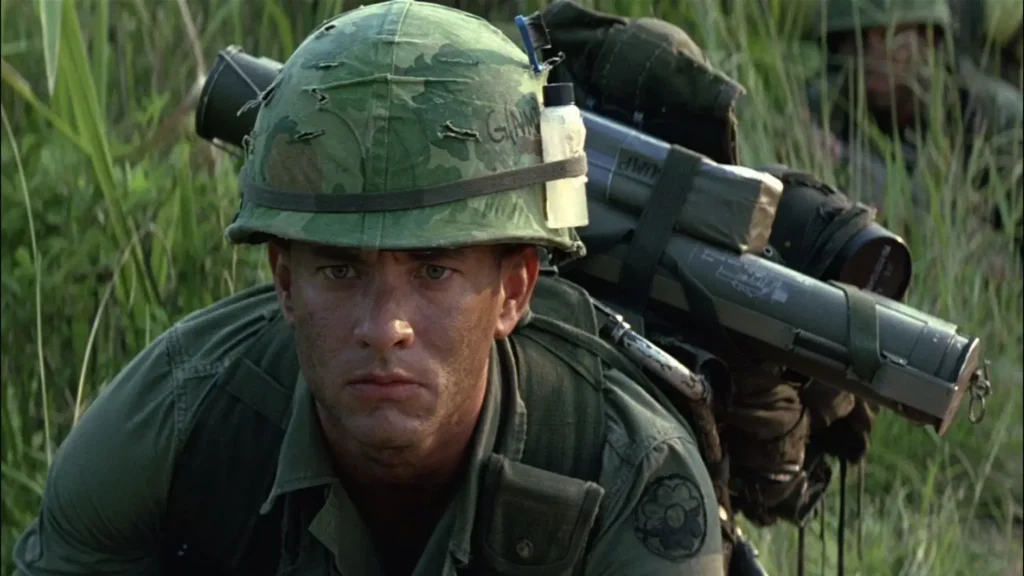
Forrest is often framed at the center of calm amid chaos — balanced and steady while history swirls around him. Whether he’s running through gunfire in Vietnam or across wide American landscapes, the camera treats him with a quiet reverence. The movement of the camera mirrors his life: quick and spirited when he’s young, slower and reflective when he’s older.
The cinematography also plays a key role in blending fantasy and reality, placing Forrest seamlessly into historical events. Careful lighting and composition make these moments feel natural, not gimmicky.
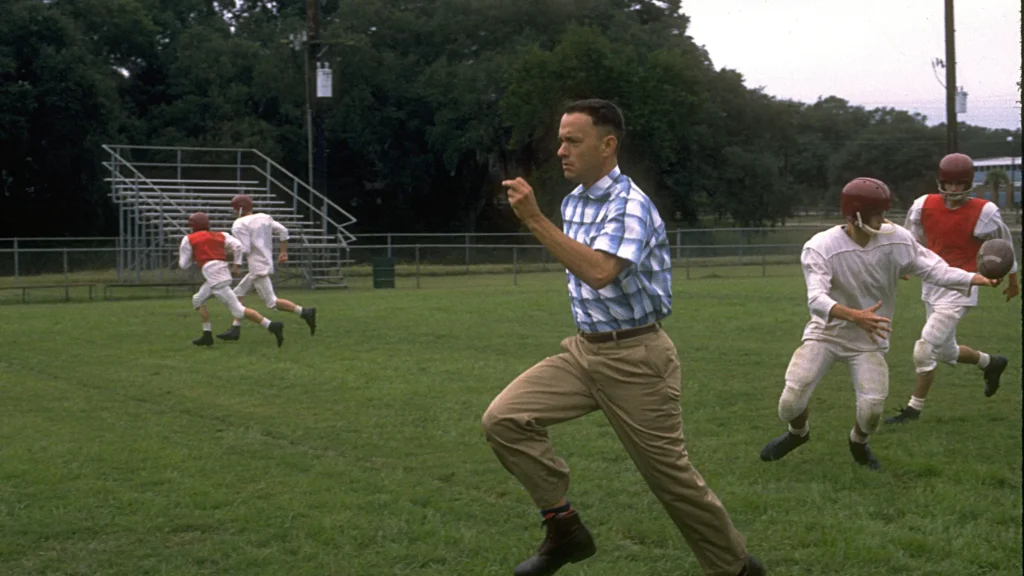
Ultimately, Forrest Gump’s cinematography is as humble and heartfelt as its main character. From the drifting feather to the sunset beneath the oak tree, the visuals remind us that even ordinary moments can be extraordinary when seen through innocent eyes.
The Soundtrack of Forrest Gump
The soundtrack of Forrest Gump is one of the most iconic in film history, perfectly capturing the spirit of each era Forrest lives through. Rather than relying solely on a traditional score, the movie uses popular songs from the 1950s through the 1980s to guide the audience through time. Every song choice feels purposeful, reflecting not just the cultural moment but also Forrest’s emotional journey. The music becomes a storyteller of its own, grounding the film’s decades-spanning narrative in familiar sounds that evoke nostalgia and emotion.
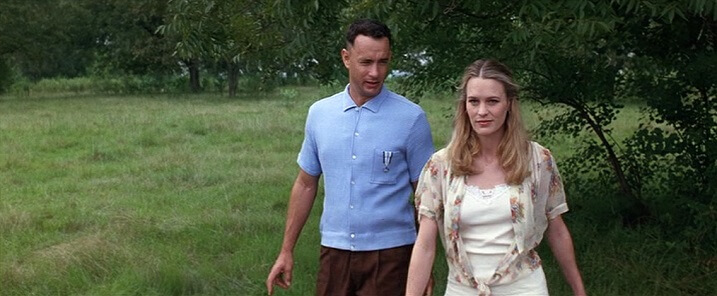
In the early scenes, songs like Elvis Presley’s “Hound Dog” and “Rebel Rouser” bring energy and innocence to Forrest’s childhood in Alabama. As he grows up and the world starts changing, the soundtrack changes with it. The 1960s sections use tracks like “Fortunate Son” by Creedence Clearwater Revival and “For What It’s Worth” by Buffalo Springfield to mirror the chaos and rebellion of the Vietnam War era. These songs don’t just set the scene — they remind us of how turbulent and emotional those years were for America.
As Forrest’s life continues, the tone shifts again. The 1970s sequences introduce mellow, reflective songs like “Sweet Home Alabama” and “Running on Empty,” matching Forrest’s quieter, more introspective years. By the time we reach the 1980s, the music softens, echoing themes of acceptance and peace.
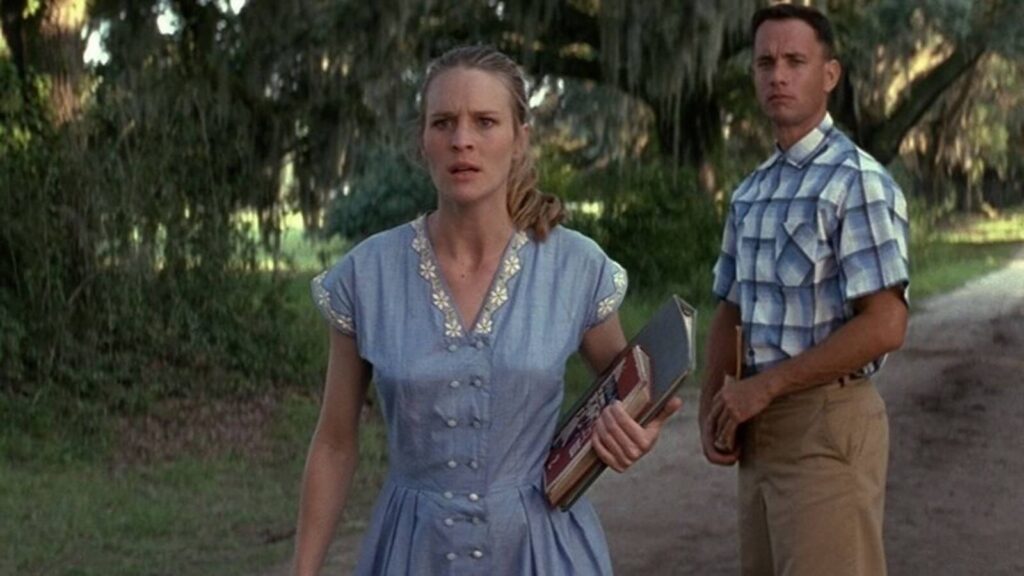
Composer Alan Silvestri’s gentle, piano-driven score ties it all together. His simple, emotional theme captures Forrest’s innocence and wonder, providing continuity amid the ever-changing soundtrack. The result is a musical journey that not only defines Forrest’s life but also celebrates America’s cultural evolution — one song at a time.
The Cast of Forrest Gump
Tom Hanks – Forrest Gump: A kind-hearted man with a low IQ whose simple honesty and perseverance take him through decades of American history.
Robin Wright – Jenny Curran: Forrest’s lifelong love, whose troubled past and free-spirited nature lead her down a difficult path.
Gary Sinise – Lieutenant Dan Taylor: Forrest’s commanding officer in Vietnam, who struggles with loss, purpose, and redemption.
Mykelti Williamson – Benjamin Buford “Bubba” Blue: Forrest’s friend and fellow soldier who dreams of starting a shrimping business.
Sally Field – Mrs. Gump: Forrest’s devoted mother, known for her wisdom and fierce love for her son.
Haley Joel Osment – Forrest Gump Jr.: Forrest and Jenny’s young son, representing hope and the continuation of Forrest’s gentle spirit.
The Filmmakers of Forrest Gump
Robert Zemeckis – Director
Winston Groom – Author of the original novel
Eric Roth – Screenwriter
Steve Starkey – Producer
Wendy Finerman – Producer
Steve Tisch – Producer
Don Burgess – Director of Photography / Cinematographer
Arthur Schmidt – Editor
Alan Silvestri – Composer / Original Score
Rick Carter – Production Designer
Joanna Johnston – Costume Designer

Shrimp Gumbo

Inspiration
Bubba Gump’s Gumbo

More About Forrest Gump
Whether Forrest Gump is autistic has been debated for years, but the film never explicitly identifies him that way. In both the movie and Winston Groom’s original novel, Forrest is described as having a low IQ and developmental challenges, yet his exact condition is never defined. Tom Hanks has said he approached the role without trying to portray a specific diagnosis — instead focusing on Forrest’s sincerity, honesty, and innocence.
Many viewers and some experts have noted that Forrest shows traits that could align with autism spectrum disorder: social naivety, literal thinking, difficulty reading cues, and deep focus on certain activities like running or table tennis. However, others point out that these traits can also reflect intellectual disability or simply a unique personality shaped by his environment and upbringing.
What’s important is that Forrest Gump never treats his differences as limitations. The story isn’t about labeling him; it’s about how his perspective — simple, straightforward, and kind — allows him to experience life with a purity most people lose. Forrest’s success and empathy aren’t framed as exceptional “in spite of” who he is, but as natural extensions of his goodness.
So while Forrest might fit aspects of modern autism discussions, the movie isn’t about diagnosis — it’s about acceptance. It invites audiences to see that intelligence and worth can’t be measured by social norms or IQ scores, and that sometimes, wisdom comes from seeing the world without judgment.
Jenny’s death in Forrest Gump is never explicitly labeled in the film, but the context and timing strongly suggest she died from complications related to HIV/AIDS. When Jenny tells Forrest she’s sick, the scene takes place in the late 1970s or early 1980s — the period when the AIDS epidemic began spreading in the United States, particularly among young adults living the kind of risky, free-spirited lifestyle Jenny had.
Throughout the movie, Jenny is shown experimenting with drugs, engaging in casual sex, and spending time in countercultural scenes where addiction and unsafe behaviors were common. Her illness causes her to appear frail and weak, and by the time she marries Forrest, her health has clearly deteriorated. The lack of an official diagnosis in the script was likely intentional — both to protect the film’s emotional tone and to reflect the uncertainty that surrounded the disease at the time.
Winston Groom’s original novel, and later the Forrest Gump sequel, make the connection even clearer. In the book Gump & Co., Forrest explicitly says that Jenny died from a “new virus” doctors didn’t yet know how to cure — directly referencing AIDS.
Jenny’s death ultimately serves as one of the story’s most tragic elements. It contrasts Forrest’s steady innocence with the darker consequences of Jenny’s searching, troubled life. Yet even in her final moments, the film portrays her with compassion — emphasizing forgiveness, love, and the reminder that every life, no matter how messy, can find peace and meaning.

